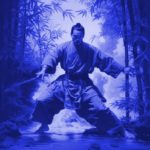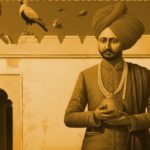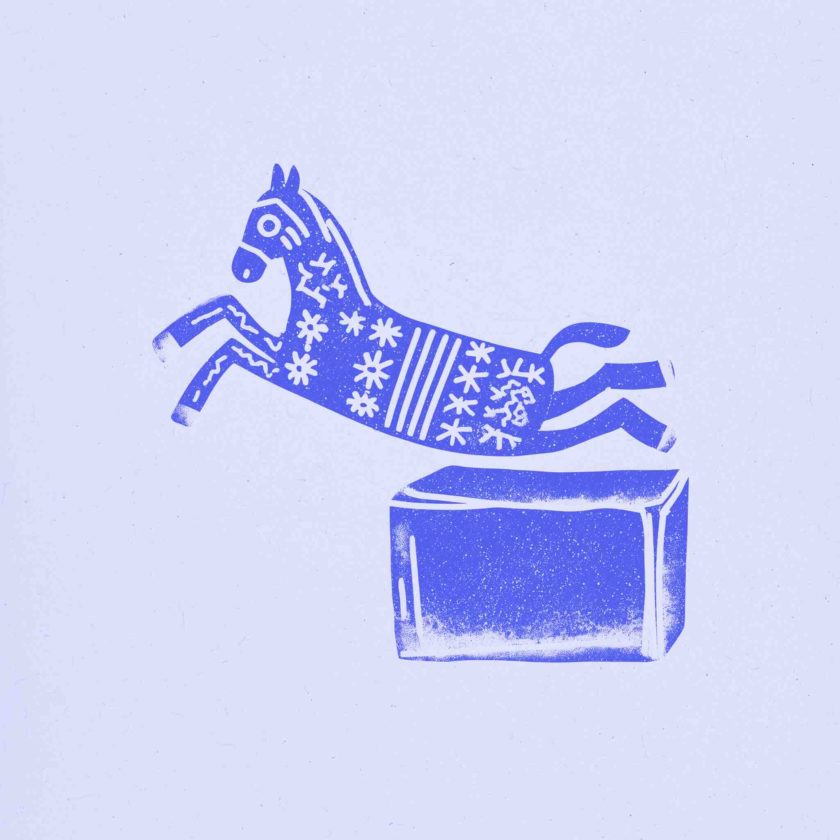Be informed when Club xThinking opens
The right kind of practice done over a sufficient period of time leads to improvement. Nothing else does.
Going beyond talent
Anders turns out to be an expert who has done the research on which the other books on this subject are based. It is a synthesis of the approach to mastering the workings of one’s craft.
Anders methodically disproves the idea of talent, he relies on studies and findings that corroborate the work of other authors. The sooner you shed the importance of talent, the easier it will be to master your craft.
The book’s key ideas
This is a book that highlights the virtues of intentional and deliberate practice in performance to reach the level of expertise. Anders Ericsson is a psychologist and researcher and Robert Pool is a science writer.
Practice is what differentiates the amateur from the expert. Added to this are the deep underlying motivations, the state of mind and the variability of opportunity that depends on the contexts in which each individual is placed. To a lesser extent, genes play a role, there would be a relative genetic predisposition in certain fields. That said, it is practice that makes all the difference.
Malcolm Gladwell, in his book Outliers, popularized the notion of 10,000 hours of work to achieve mastery, notably through tenacity and determination. However, he placed less emphasis on the equally important use of those 10,000 hours; quality counts as much or more than quantity.
What is a quality practice? This is what the authors attempt to answer in this book.
The three levels of practice
According to the authors, there are three levels of practice, leading to three levels (mediocre, advanced and expert). As much as possible, one should practice the type of practice that leads to the expert level.
Naive practice: this is neither intentional nor deliberate.
It consists in blindly practicing a task like a worker on a production line serves the jobs that come his way. For a quality practice, there must be an interaction between the body and the mind, it requires the full concentration of the person who practices.
The intentional practice is already a better level.
It consists in pushing back one’s comfort zone in such a way that the effort is more intense and constant. It involves working on well-defined goals that target a specific aspect of performance that one wishes to achieve. It establishes and follows a plan with small to infinitesimal milestones that clearly support overall goals. It requires our full attention and conscious action to monitor and adjust performance. It develops detailed and effective mental representations that guide you on what to do or how and why you fail. Because the milestones are small, you maintain a high level of motivation.
Deliberate practice: the level to strive for to reach the expert level
This is both deliberate and informed practice, meaning it is guided by a teacher who is knowledgeable about the subject. It is guided by a teacher who is knowledgeable about the capabilities of experts and how to develop those capabilities. Typically, this practice is very common in sports or academic settings where students work closely with their teacher (most often, this is only possible at a doctoral level). It starts with external feedback, directed by the teacher, but increasingly leads to internal self-monitoring. If you don’t have the ability to put yourself in such a configuration, you should try to create feedback loops that will allow you to monitor your performance. For example, this can be using applications that incorporate the performance metrics of people in your field to compare yourself as accurately as possible.
Adopt the right kind of practice
There’s only one way to know if you’re practicing purposefully. It has to be challenging, demanding but achievable. It must result in a certain fluidity.
Obviously, as much as you can practice deliberately. To achieve this, one must be endowed with resources that are not available to everyone, but there are nonetheless imperfect ways to recreate the conditions of deliberate practice without having an instructor or coach dedicated to our performance.
If you have the ability to get close to a coach, the authors give us specific criteria to put the odds in our favor.
You need to:
find someone who is accomplished in the skill you are looking for, i.e. who has achieved the result you want to accomplish
find someone who has the teaching experience to teach people like you
change your teacher as you change yourself to keep moving forward. Your goal is to surpass your mentor
Finding the right instructor is a matter of luck, so don’t bemoan the fact that sometimes it takes patience and persistence to find the right person.
If you can’t get close to the people who have the results you’re looking for, you need to do it differently.
Identify the experts, they have to be the best according to criteria you define. Be as objective as possible.
Find out what makes them so good. Read their stories, their biographies if they have them, analyze their performances, learn everything you can about their background.
Find training techniques to get there. Experiment, test, learn, adjust and repeat.
To overcome the inevitable plateaus in your performance, the authors suggest:
– Push the limits of your comfort zone in training
– Try creative ways to train: test new possibilities. Play by new standards.
With a little thought, it’s possible to develop an expert-inspired workout and bypass the barriers to learning in almost any area. And that’s the whole point of deliberate, purposeful practice: it’s purposeful and deliberate. It doesn’t just happen, it is carefully planned and carefully crafted.











